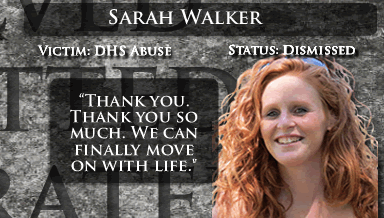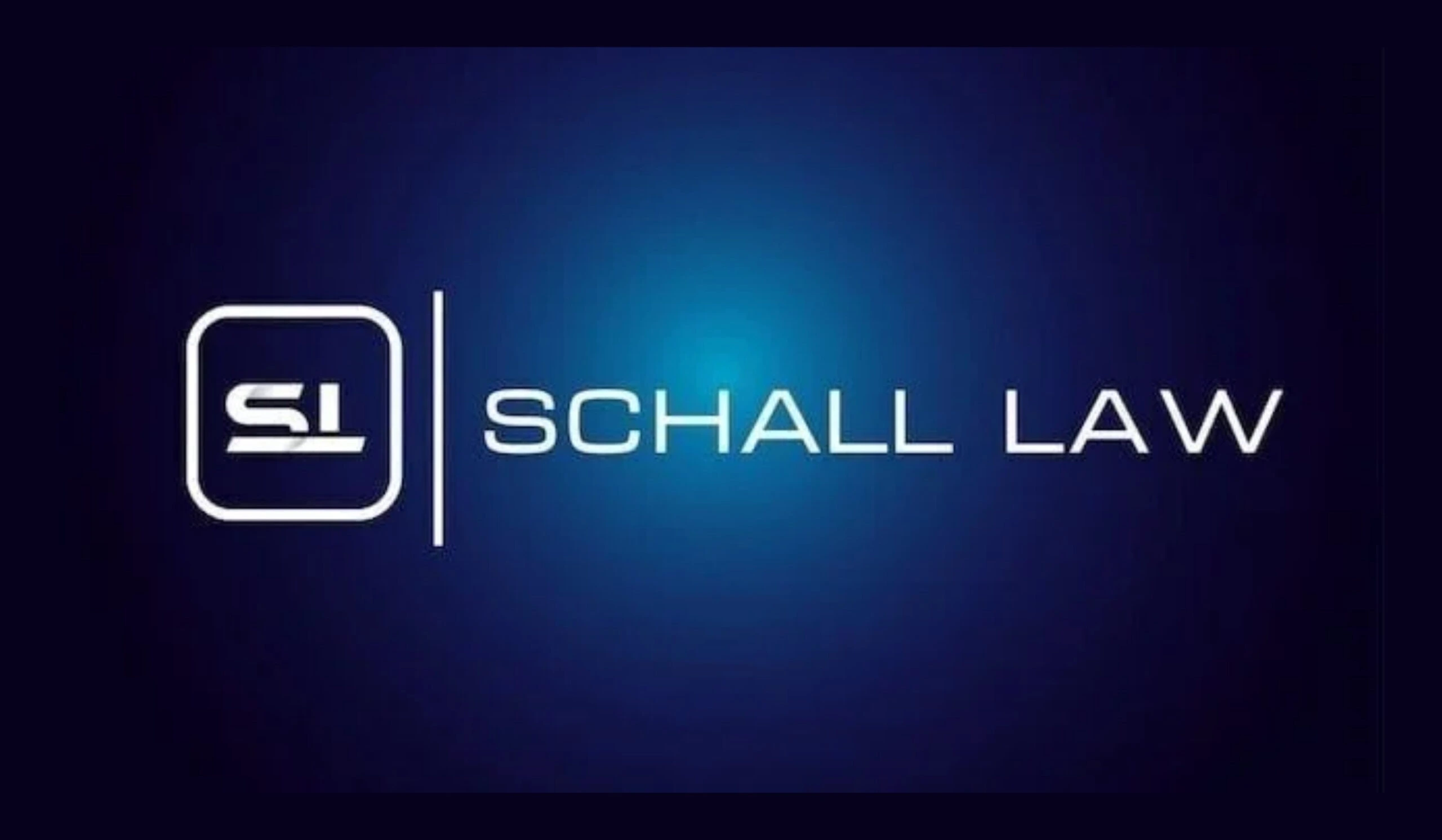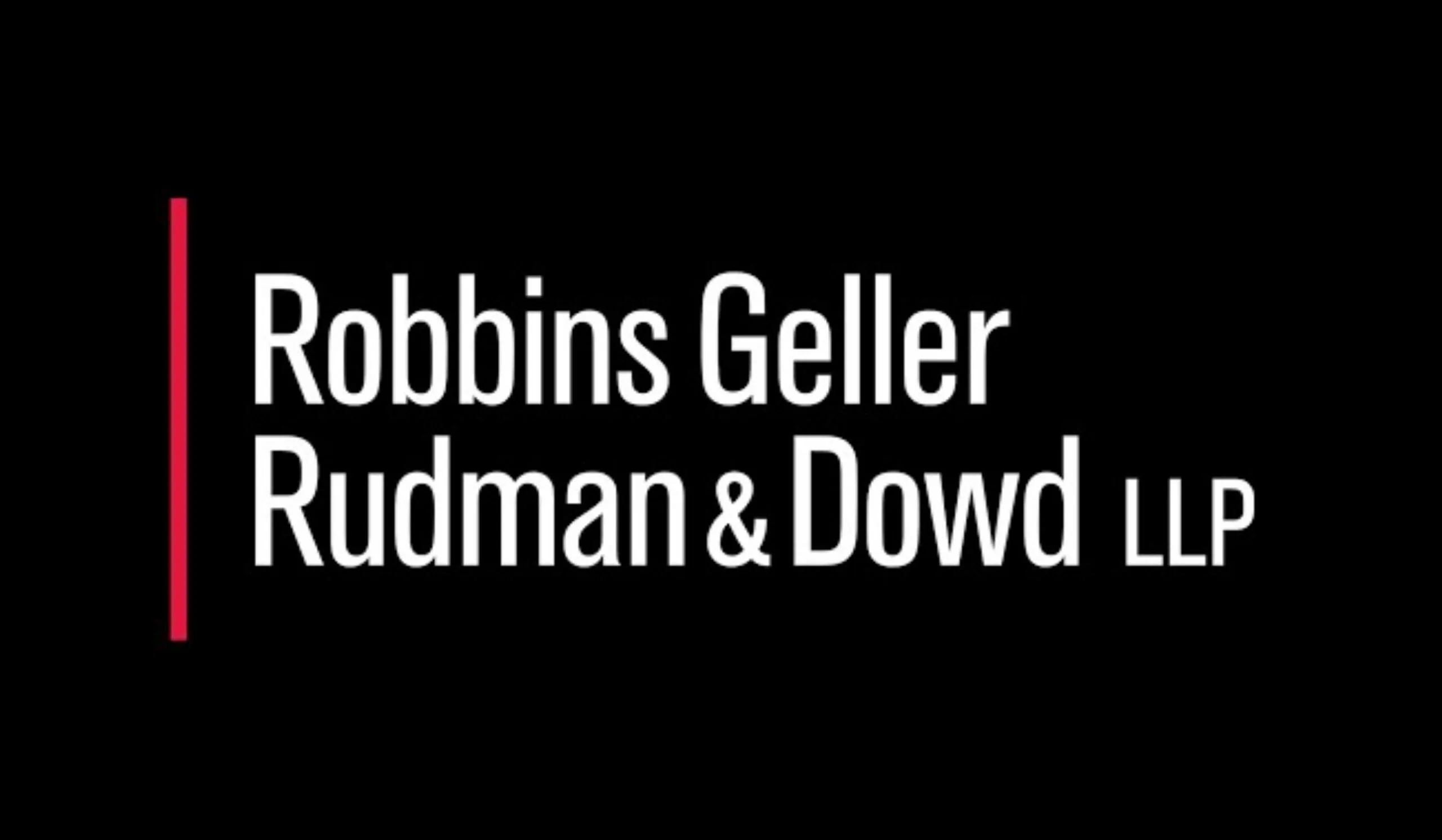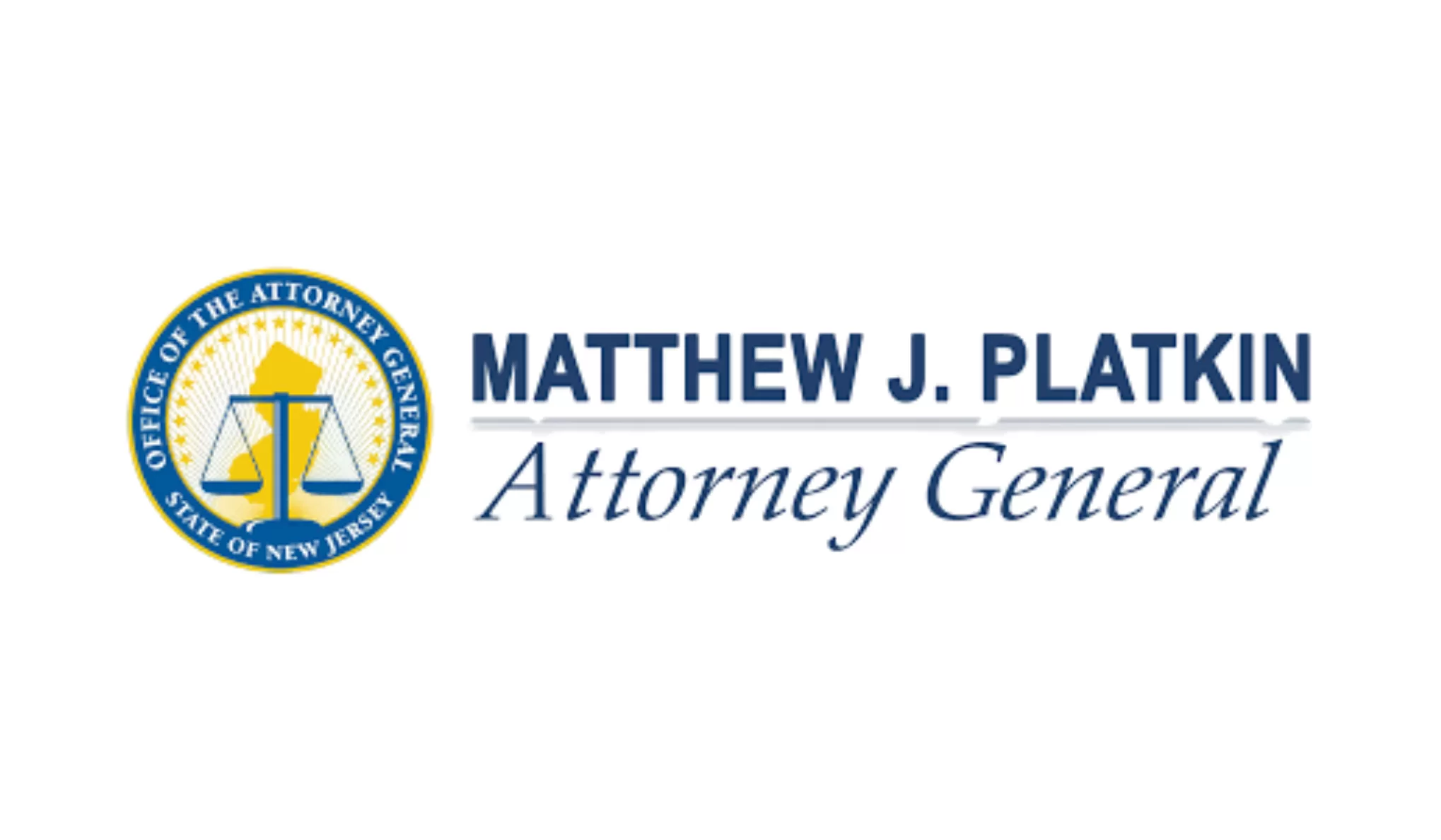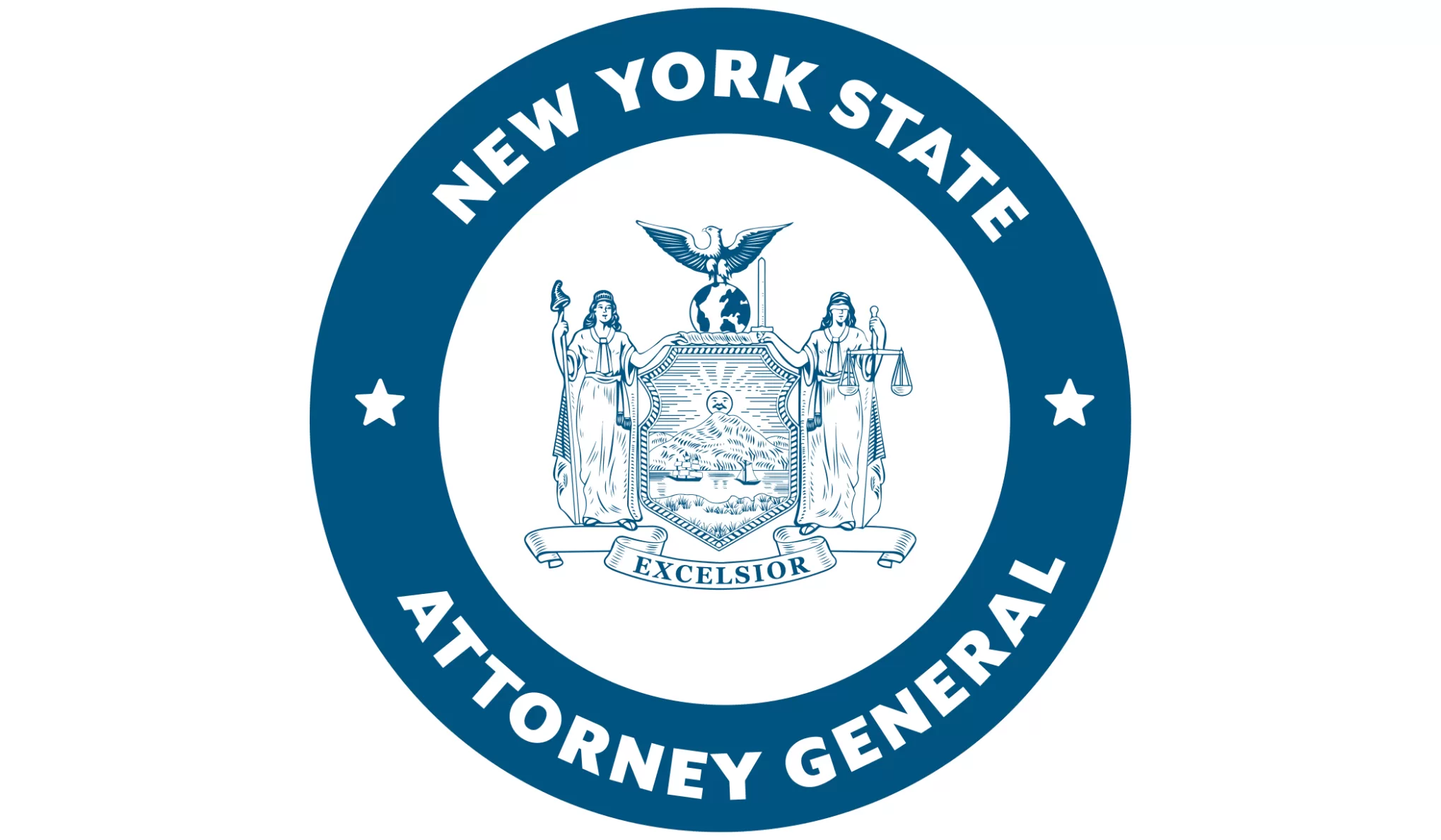By Joseph Snook
Investigative Reporter
 “Sarah” |
Southern Oregon – After a fun-filled week of camping for spring break, Sarah and her children unknowingly returned home to what she could only describe as “a real life nightmare.” While Sarah and her family were away, the Department of Human Services (DHS) received an anonymous “call of concern” regarding her children. According to documents, the anonymous caller alleged that Sarah’s children “were filthy and living in unsanitary conditions.” After attempting to contact Sarah, a DHS employee left a message with her parents. Shocked at the allegations, Sarah rushed to defend herself and her children against the horrific allegations.
It was too late.
Without permission from or direct communication with Sarah, DHS went to her children’s school and interviewed all but one of her children. During the interrogation, one of Sarah’s young sons allegedly stated that his 9-year-old sister (the one that wasn’t interviewed) had been “sleeping with a 20 year old man.”
When the interviews were complete, DHS contacted Sarah. Finally made aware of the interview without her consent, Sarah, a very protective mother, grew extremely distressed at the situation and became increasingly skeptical about DHS and their practices.
Uncertain about what to do and concerned for the safety of her children, Sarah kept them home from school. She no longer trusted the school officials in charge of protecting her kids.
DHS set an appointment to interview Sarah’s daughter, but due to her skepticism about DHS, Sarah brought her father, Dennis, instead. In a meeting Sarah described as “intense,” Dennis, knowing Sarah as a protective mother who would never let anything inappropriate happen to her kids, defended her against DHS’ accusations.
The DHS case-worker inquired about a man present on the spring break camping trip, and Sarah responded that the man present “was a very close family friend” who was decades older than a “20 year old man” described by her son. Witnesses stated that the family friend “never slept with any of Sarah’s children.”
Sarah states that during the DHS meeting, “What I had to say didn’t matter. I repeatedly told the case-worker that nothing inappropriate happened with my daughter or anyone else.” Nonetheless, the situation worsened.
Even though they knew Sarah would be unable to attend, DHS mandated that Sarah return the next day with her daughter for another appointment. After missing the meeting, DHS mailed Sarah a letter requesting an appointment for April 17, 2014.
Sarah again brought her father to the meeting, and again the meeting went anything but well. When Dennis and Sarah asked “who made the phone call to DHS,” they were informed that the caller’s identity would remain anonymous. Feeling they had the right to face their accuser, Dennis then told the case-worker that all further communication with DHS would take place through their family attorney. A court hearing was scheduled for the following day.
The case-worker’s notes from the meeting allege that Dennis responded to the possibility of a court mandated “pick up order (for Sarah’s daughter)” by stating that this “will be bad.” According to the notes, “This was interpreted as a threat.” But was it really a threat?
At this point, Sarah and Dennis contacted the US-Observer.
With only a court-appointed lawyer with her at the hearing, the judge informed Sarah that she must “have her daughter present for an interview within one hour, or the police would be there to pick her (Sarah’s daughter) up.” The judge also informed Sarah that her daughter was presently “in temporary legal care and custody of DHS Child Welfare.” Sarah could retain physical custody of her daughter, “providing that you (Sarah) comply with the following conditions…”
Sarah complied and brought her daughter to the interview; however, Sarah was barred from the building while the interview took place. Sarah, who has never been convicted of a violent crime, waited nervously until the interviewers returned her daughter without saying more than a few words.
A few days later, DHS called Sarah to inform her that her daughter required a physical examination to determine whether or not she had been sexually abused. Sarah was mortified at the thought that her innocent, 9-year-old daughter would have to endure an intimate examination from a complete stranger all because of one “anonymous phone call.” Sarah was then told she would not be allowed into the medical examination to support her daughter.
What could Sarah do? She was stuck. If she defied the order for a physical examination, she risked losing her children to foster care and getting arrested. There’s something wrong with the system when a mother like Sarah is unable to fight against a group of people who were willing to steal her daughter’s innocence based on a single “anonymous allegation” and a dubious interview with a child.
Sarah was forced to comply and bring her daughter to the medical exam. The results were negative. No evidence of sexual abuse was found.
Sarah’s story is a prime example of total police control. You may think you have rights, but you don’t. The only rights you truly have are what the government decides at the time.
So what happened with Sarah?
Since there was nothing to indicate sexual abuse and no evidence to the effect that Sarah’s children were “filthy or uncared for,” DHS would have to leave Sarah alone, right? Wrong. The DHS case-worker threatened Sarah with “child neglect” due to the fact that Sarah had not enrolled her daughter in public school. The real fact is that Sarah was already in the process of enrolling her children in private school. Sarah was forced to comply with further DHS requirements including doctor’s appointments, interference rules, and allow DHS “access to the home and daughter at both scheduled and unscheduled times.”
Sarah complied.
Sarah even took her daughter to a DHS designated dentist. After her daughter was found to have a cavity, Sarah couldn’t help but wonder if DHS would call it neglect?
On May 29, 2014, a status hearing took place to determine future DHS involvement in Sarah’s case, including the possibility of “an alternate plan” for Sarah’s daughter. Nobody from DHS appeared at the hearing, and Sarah was informed that the case was now “closed.”
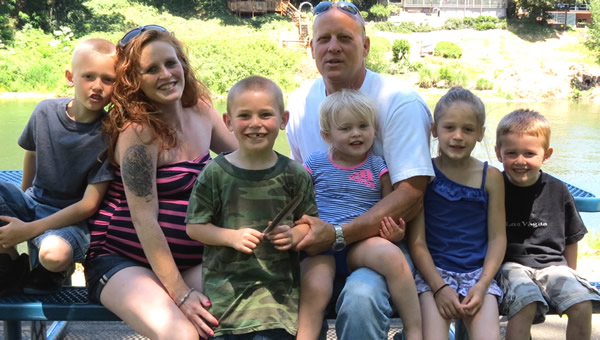
“Sarah” with her children and her father.
In an instant, it was over. Sarah and her family got their lives back from the all-mighty DHS, rubber-stamping, family court.
Although relieved to have the ordeal behind her, Sarah stated, “Even though it has only been a few weeks since the ‘real abuse of my daughter by DHS’ occurred, I’ve noticed a very distant and angry child.” Dennis agrees.
Sarah admits to not making the best life decisions in the past, but she insists that she is a fit parent who would never neglect her children or knowingly allow any form of abuse.
Some things can’t be undone. How do you reconcile forcing a 9-year-old to endure a medical exam where a complete stranger spreads her legs and touches her private area based on completely anonymous information? Sarah’s father, Dennis, may have been right when he said, “DHS is the actual predator.”
Editor’s Note: We do not dispute that many children are harmed and require DHS intervention. However, in this case and in numerous other documented cases across the US, DHS has over-stepped its bounds and abused its power. So I ask, could there be any legal liability on behalf of DHS?
Due to the fact that DHS backed off of this case, the US~Observer has chosen to withhold the names of those involved, however it is highly possible that DHS and the legal system involved will hear much more from Sarah and her family.

